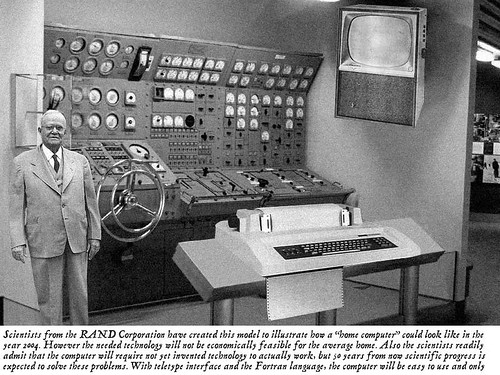My key takeaway from this weeks reading is that the law impacts the media, A LOT. From copyright, censorship, privacy laws, and so many more, it would be impossible for the law not to have an impact on the media.
A lot of this stuff does concern me, I would have to be crazy for it not to concern me. There are so many things that people (especially the government) can legally get away with.

One of the most interesting things to me was the article “9th Circuit: It’s a federal crime to visit a website after being told not to visit it.” This article walks through a court case that, essentially, ruled if someone visits a website after the owner told them not to, it is a federal crime. There was a lot more that went into it, but that was the gist of it. It is concerning because a minor mistake can be a federal crime.
Another issue that stood out as very concerning to me was copyright laws. On the surface, copyright laws seem pretty good. People cannot steal your work without getting in legal trouble, that sounds good.
However, these laws also have some loopholes in them, mainly for big corporations. In our reading this week, we read about the John Deere case. Because John Deere legally owns the software, people cannot fix their own tractors.
This law can be used for almost any kind of technology, because software is in everything. Meaning, people cannot fix their own stuff. However, as we also read, these laws are starting to be lifted, but not all the way, which is highly concerning. If we own the product, we should be able to fix it, no matter what.

Privacy laws also bring up some concern. Before this reading, I knew the government was collecting information about citizens through the internet. But I never knew the extent of it.
There are so many ways the government is legally taking our information. Through laws and acts such as The Patriot Act and PRISM, the government is legally spying on citizens. They can see and track everything we do.
This is a major violation of privacy to me. I know social media is not private, and anyone can see my social media, but I expect my private chats and my emails to at least stay private.

After reading and watching the content this week, I definitely feel like I need to change the way I use media. Honestly, stuff like this makes me want to use it less. I don’t like being spied on. I tend to be a very private person, and I want my stuff to stay private.
I just don’t think it’s fair how much legal trouble ordinary citizens can get in for simple mistakes. People should be able to visit websites they want, fix broken items which they bought, and have the right to want to keep their online presence private.












